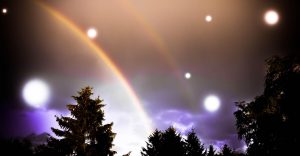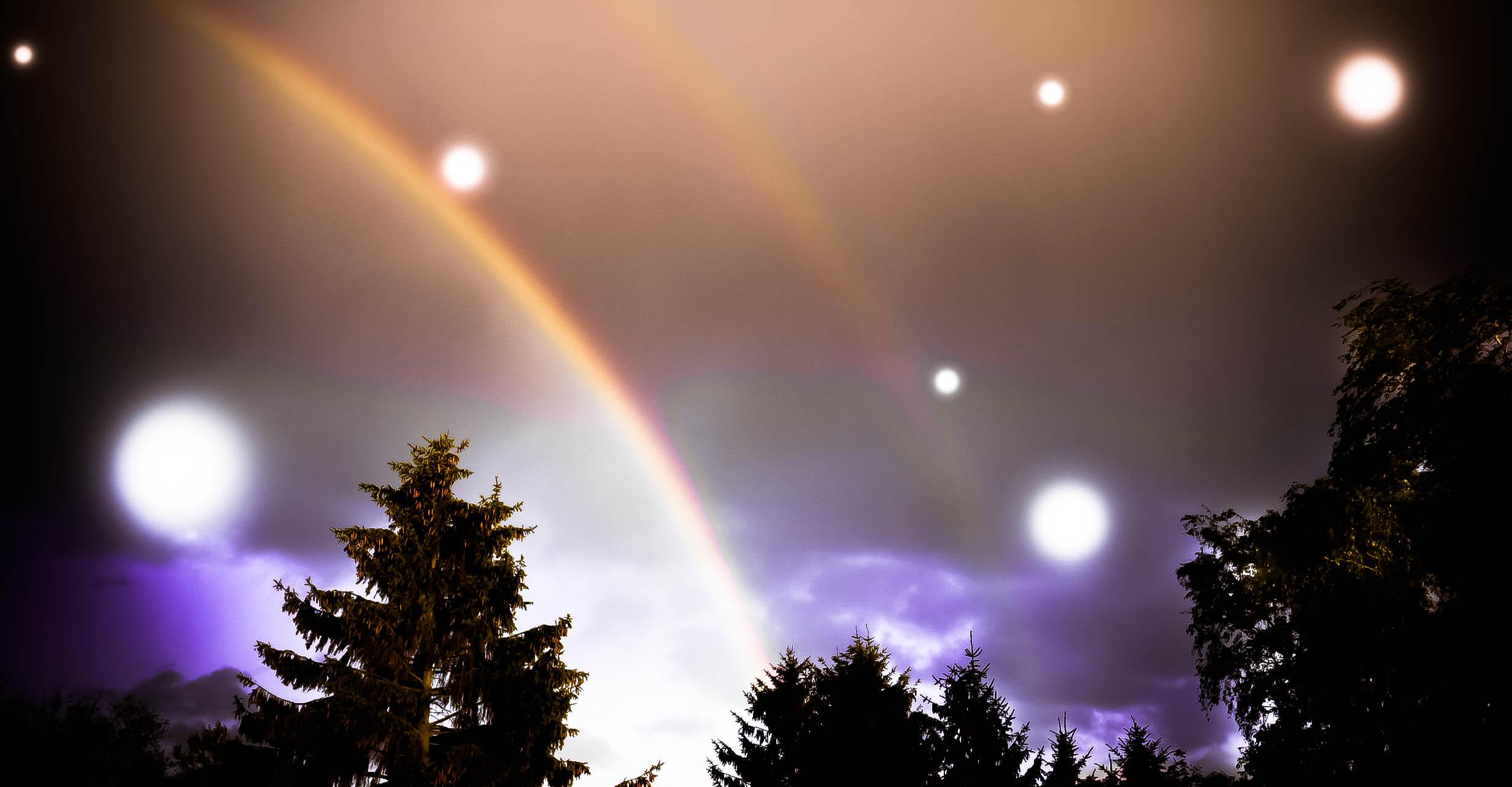
Light shines through the darkness of our times in ways ancient and new.
Blessed are those who mourn, for they will be comforted (Matthew 5:4).
When my wife, Wanda, married me and let me in the house, she welcomed all the books that came with the man. She still does not complain. Nevertheless, she admits that when we drive by a library book sale, she tries to keep me from noticing. No one distracts me better.
She knows that before I fell under her spell, I lived alone for many years. In solitude, books were my friends, and very companionable ones at that. While almost all the authors do not know I exist, their words either validate or provoke me as friends do. Sometimes, they even pray with me.
So Wanda welcomed my friends and the bookshelves that come with them. At least they keep quiet and do not raid the refrigerator. But I suppose if friendship is what books are about, I could have saved a lot of space by relying solely on the Upper Room Disciplines. An annual publication, Disciplines authors write a week’s worth of daily reflections on Revised Common Lectionary texts. That makes over 52 friends. If, like me, you seek friends who pray with you and turn to scripture together for insight and discernment, you will find the Disciplines a cloud of kindly witnesses in print.
The authors include clergy and laity from many walks of life and varieties of ministry, some quite well known.
If you grab a copy, you’ll see lesser known writers like Marshall Jenkins there too.
Yes, I wrote for the Disciplines in 2003 and 2006, then they gave me 13 years off before asking again. If reading and praying with the Disciplines renews my sense of friendship with the church at large, writing for the Disciplines takes me deeper, as writing tends to do.
The editor asked me to write for the final week of the Christmas season, concluding with the Feast of Epiphany on January 6. I wrote the week’s reflections on the theme, “Following the Light, Being the Light.” My first meditation actually ends the 2018 Disciplines on December 31, then continues in the 2019 Disciplines from January 1-6.
On those days, the Christ child has come. We stand in the light of the Milky Way and ask, “What now?” Because of the child, we ask with confidence that the answer will restore hope.
But as the author, I find significance not only in Epiphany but in the days when I wrote them in late 2016 after a divisive election. We still live at the lip of that widening chasm. Yet, as I studied and prayed over the scripture for Epiphany 2019, the theme emerged that if we get more smoke than light from our leaders, God shines light in the darkness through many other sources:
- through national vulnerability like that of ancient Israel (Isaiah 60:1-6);
- through Christ who meets us among the most vulnerable individuals (Matthew 25:31-46);
- through rare leaders who give priority to care for the poor and marginalized (Psalm 72:1-4, 10-14);
- through the lessons of nature (Psalm 72:5-7);
- through epiphanies that awaken us to the mysterious but loving reality of God (Ephesians 3:1-4);
- through the gospel told in scripture (Ephesians 3:5-12);
- and through Christ again, now as a helpless infant, inviting the world from below to look into the night sky and ask, “Where shall I go? How shall I bear witness to this wonder?” (Matthew 2:1-12).
While not among the lectionary passages about which I wrote, Psalm 146 sings the answer I hear in the reading, praying, and writing, even in times like ours:
Praise the Lord! Praise the Lord, O my soul!
I will praise the Lord as long as I live; I will sing praises to my God all my life
long.
Do not put your trust in princes, in mortals, in whom there is no help.
When their breath departs, they return to the earth; on that very day their plans perish.
Happy are those whose help is the God of Jacob, whose hope is in the Lord their God,
who made heaven and earth, the sea, and all that is in them;
who keeps faith forever;
who executes justice for the oppressed;
who gives food to the hungry.
The Lord sets the prisoners free;
the Lord opens the eyes of the blind.
The Lord lifts up those who are bowed down; the Lord loves the righteous.
The Lord watches over the strangers; he upholds the orphan and the widow,
but the way of the wicked he brings to ruin.
The Lord will reign forever, your God, O Zion, for all generations.
Praise the Lord!
So even in the writing, I find my soul restored by friends, those in scripture, those among fellow writers but especially among fellow readers. For even as I write this post, I feel less alone, confident that you share my anguish and hope.
To purchase your copy of the 2019 Upper Room Disciplines, or a copy for a friend who would welcome more spiritual friends, click here.


I remember the writer of Hebrews saying we are surrounded by a great cloud of witnesses. That comforts me in the knowledge that those that preceded me watch down on me and I am never alone.
I suspect that is one of the reasons God calls us to be in a community of faith if we can. All of us need that cloud of witnesses, and others need us in that cloud.